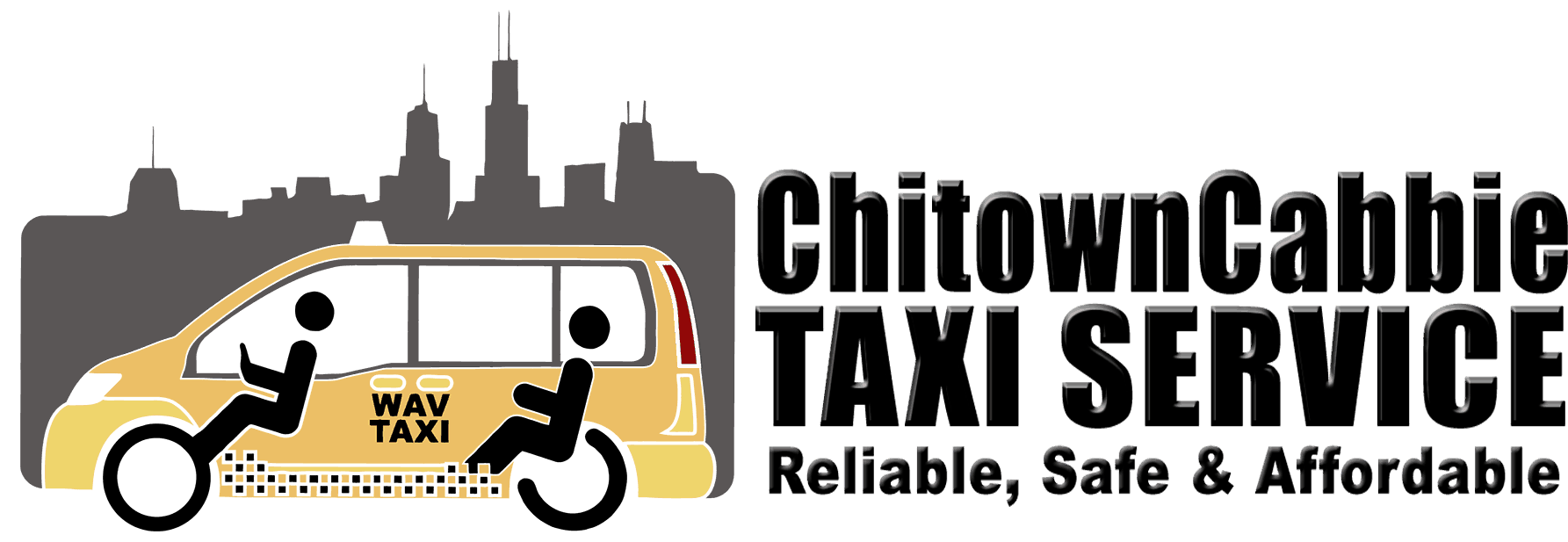Achieving independence is essential for every person with disability. Indeed, disabilities are unique in their own ways – some need assistance more than others. However, that does not change the fact that these individuals are still human beings who, at some point in life, prefer to work on their own. It is important to take note that whatever their disability may be, there are always opportunities to act independently. A deaf person can still eat on their own, and a leg-amputee can still perform handy tasks like laundry.
But the question is: what are the ways that will help disabled people to achieve independent living?
Today, we are going to list down five tips that will answer that question. Here at Chitown Cabbie, we don’t want to give you the best transportation, but the highest standard of living as well. So, buckle up! Because we’re about to get started!
1. Know Your Rights!
First and the most important thing that all disabled people should know is their rights. Disability hate crimes are the most common yet easily undetected. A taxi driver refusing to give you a ride because of your disability is nothing but immoral and illegal. A PWD who isn’t aware about his/her rights is vulnerable to abuse, rejection, and feelings of isolation. Because of this, he/she might resort to asking random strangers off the streets for help. This is super embarrassing and it makes them look weak and helpless. If you know your rights in the first place, then you wouldn’t be needing any further assistance. Note: Laws on disability rights differ from one country to another, so make sure you research about yours now.
2. Work/Volunteering
Do some work/volunteering based on what you can easily do – never take on tasks that you’re not comfortable with.
Being able to contribute something gives someone a sense of purpose and autonomy in life. You start to feel like you’re in control of your actions and decisions. Most importantly, having the opportunity to work or volunteer improves self-confidence and interpersonal skills. You can meet new people, make new friends, or discover more about yourself like hidden talents. Just because you’re less capable than others, doesn’t mean you’re no longer fit to do anything else. Disabled adults can still participate in this society – and volunteer jobs will prove that to be true!
3. Be More Confident
There are many different techniques to boost one’s self-esteem. It may be through yoga, inspirational videos, or being surrounded by supportive friends. One way to also build up confidence is to allow disabled people to make decisions on their own. For example, let them decide what to cook for dinner. Eventually, their confidence will build and their independence will broaden. It’s small things like these that will lead to amazing consequences.
4. Install Disability Apps
Technology advancements continue to make learning and development a faster and more approachable task. For instance, the most widely used piece of technology in learning for people with an intellectual disability is the iPad. The iPad is intuitive to use and can offer a customized learning environment for every individual. iPads also have a library full of helpful applications that are specifically built for assisted learning and better communication. Aside from that, iPads are generally fun and family-friendly.
5. Physical Independence
One that is often overlooked is physical independence. Allowing someone to be able to get in and out of bed is important in developing a disabled person’s independence. When disabled adults feel they can accomplish these tasks alone, they feel greatly empowered. One can also promote physical independence among a disabled loved one by giving them the choice to take on daily responsibilities. This includes cooking, washing, making the bed, or ironing, depending on their level of disability.
Did we miss out on something? Do you know more tips to help disabled adults achieve independent living? Let us know down in the comments below!


